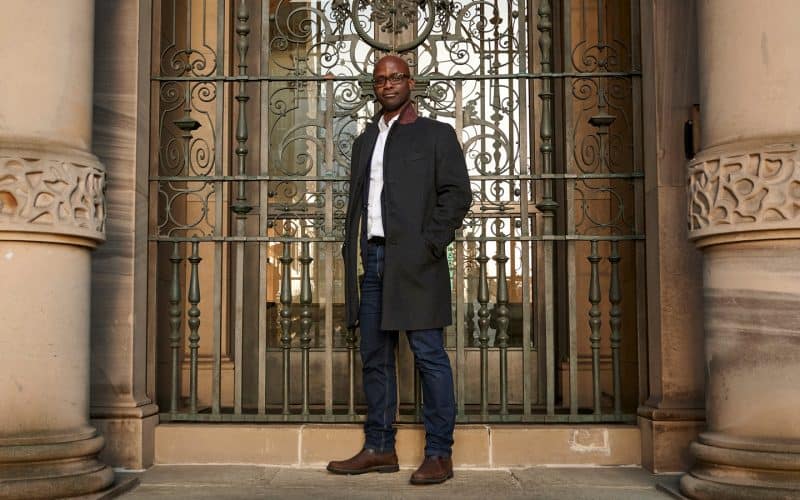Every day we see news reports about the big issues of our time: climate change, poverty and public health being just a few. As a society, our challenge is how do we do things differently to address these challenges? How do we innovate for the public good?
Innovation is often associated with the development of a new technology or a new product, service or process. As a concept, it is usually linked to business opportunity, development and profit. But there is another aspect of innovation – one that aims to provide solutions to broader problems and challenges in society – and this is innovation for the public good.
Innovation for public good is already a familiar concept to one organisation – government. We saw innovation in public health during the pandemic, with the development of the Covid-19 vaccine, and the sharing of data for good. However, the government need not be the only customer and investor in public impact innovations.
Developing transformational solutions to big societal challenges is a team play involving innovators, ideas, investment and communities. Bringing the team together – policy makers, businesses and academic researchers – to describe the challenge, discuss options, design solutions and deploy that change is how we do it. Professor Gbenga Ibikunle, Chair of Finance at the University of Edinburgh, believes that:
The research we do in universities typically is expected to push the boundaries of knowledge and when it does, we can translate the insights we’ve gained from that into a business context so we can help businesses innovate for the future.”

Research is one side of the equation, building a team that can bridge the gap between the challenge and the desired change is the other. Academic researchers can be natural innovators for public good, applying their research knowledge to areas of challenge; exploring new propositions and designing solutions to meet the needs of their public/ private sector partners.
When thinking about the role of universities in innovations there can be a tendency to think that this is the niche of science and technology. That is only part of the story, and academics in CAHSS have a great track record in innovation for public good and have much to offer in this space.
The Digital Influence and Intelligence Lab (DIIL), based in the Edinburgh Futures Institute, recently completed a report for The Scottish Government that explored the role and functions of digital communications technologies in Scotland’s international relations.
Our current Knowledge Transfer Partnership with Aegon is exploring the science of financial wellbeing, in order to develop a new approach to financial engagement. The project will involve Aegon’s centre for behavioural research, working with academics from the Business School, involving the latest insights from anthropology and neuroscience.
As part of the Scottish Covid-19 Inquiry 2021, Professor Francis Greene, Chair of Entrepreneurship at the University of Edinburgh Business School, wrote a report for Inquiry members, about the financial and welfare support offered to businesses and individuals March 2020 to December 2021. It supported the Inquiry’s aim: ‘to provide answers and to help us make improvements for the future’ (Deputy First Minister, 14 December 2021).
As the University of Edinburgh’s commercialisation service, Edinburgh Innovations brings together a wide knowledge base from across the academic disciplines to work with partners to address the challenges of today, co-create those solutions and make them real and relevant for society.







